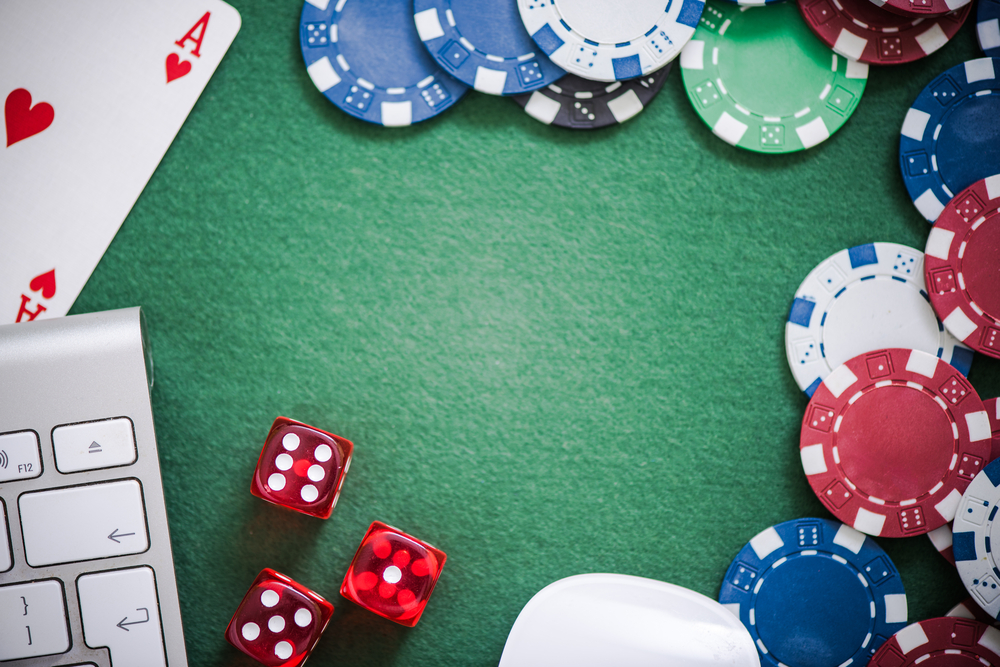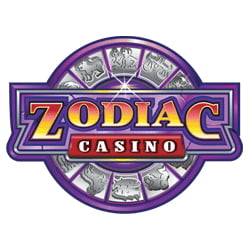
When it comes to gambling, there is more at play than just a simple game of chance. The human mind plays a crucial role in how we approach and engage with gambling activities. Understanding the psychology behind gambling can shed light on why people choose to gamble, how they make decisions while gambling, and the potential risks involved.
The Thrill of the Unknown
One of the key reasons why people are drawn to gambling is the thrill of the unknown. The anticipation of a potential win or loss creates an adrenaline rush that can be addictive. This thrill-seeking behavior is driven by the brain’s reward system, which releases dopamine in response to the uncertainty of gambling outcomes. The rush of dopamine can create a sense of excitement and euphoria, making gambling a compelling activity for many.
The Illusion of Control
Another psychological factor that influences gambling behavior is the illusion of control. When people gamble, they often believe that they have some degree of control over the outcome of the game, even when the odds are against them. This belief in personal control can lead to irrational decision-making and a false sense of skill, which can result in significant financial losses.
The Escape from Reality
For some individuals, gambling serves as a way to escape from the pressures and stresses of everyday life. The immersive nature of gambling activities can provide a temporary distraction from problems and worries, allowing people to focus on the excitement and entertainment of the game. However, using gambling as a coping mechanism can lead to the development of an unhealthy dependence on the activity.
The Social Aspect
Gambling is often a social activity that allows people to connect with others and experience a sense of camaraderie. Whether playing in a physical casino or an online gaming platform, the social aspect of gambling can enhance the overall experience for many players. This social interaction can lead to the formation of bonds and relationships, making gambling a popular pastime for social gatherings.
The Impact of Losses
While the thrill of winning can be a powerful motivator, the experience of losing can have a significant impact on a gambler’s psyche. Losses in gambling can trigger feelings of frustration, disappointment, and regret, leading to a cycle of chasing losses in an attempt to recoup the money that was lost. This phenomenon, known as the loss-chasing behavior, can result in escalating financial losses and negative emotional consequences.
The Role of Cognitive Biases
Our minds are susceptible to various cognitive biases that can influence how we perceive and interpret gambling outcomes. For example, the gambler’s fallacy is the belief that past outcomes can influence future results, leading people to make irrational decisions based on false patterns or trends. Other cognitive biases, such as the availability heuristic and confirmation bias, can also impact gambling behavior and decision-making processes.
The Risks of Problem Gambling
While gambling can be a form of entertainment for many, it can also pose serious risks for individuals who develop a gambling addiction. Problem gambling is a behavioral disorder characterized by a compulsive need to gamble, despite negative consequences. People who struggle with problem gambling may experience financial difficulties, strained relationships, and emotional distress as a result of their gambling behavior.
It is essential for individuals to be aware of the potential risks associated with gambling and to seek help if they believe they may have a gambling problem. Resources such as helplines, support groups, and counseling services are available to provide assistance to those who are struggling with gambling addiction.
Conclusion
Gambling psychology is a complex and multifaceted field that encompasses a wide range of factors that influence how people engage with gambling activities. By understanding the psychological motivations behind gambling behavior, individuals can make informed decisions and take steps to mitigate the risks associated with gambling. Whether for entertainment or social engagement, it is important to approach gambling with caution and awareness of the potential consequences.































